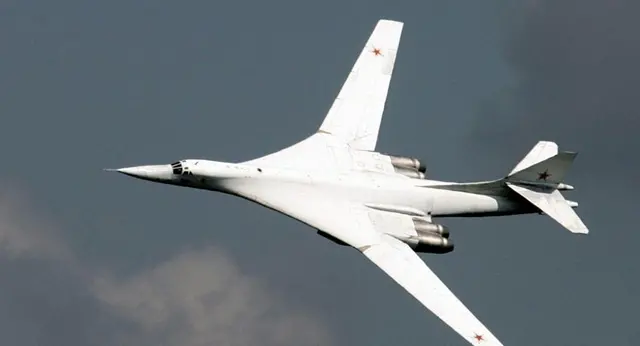The leader of the Democratic People’s Republic of Korea (DPRK) Kim Jong Un announced on Friday that his country will stop nuclear tests and launches of intercontinental ballistic missiles starting from April 21, according to state media KCNA.
Stating that the northern test area has completed its mission, Kim said that under the proven condition of complete nuclear weapons, the country no longer needs any nuclear tests, mid-range and intercontinental ballistic rocket tests, reported KCNA.
Attendees at the Third Plenary Meeting of the Seventh Central Committee of the Workers' Party of Korea (WPK), guided by DPRK leader Kim Jong Un, in this photo released by DPRK's Korean Central News Agency (KCNA) in Pyongyang on April 20, 2018.
Kim made the announcement at the third plenary session of the seventh general assembly of the Workers' Party of Korea, during which the leader revealed Pyongyang’s new strategy and said it will focus on developing its economy.
The decision came as the leaders of the DPRK and the Republic of Korea (ROK) are preparing to hold a significant inter-Korean summit on April 27, as well as a much-anticipated meeting between Kim and US President Donald Trump by late May or June.
DPRK leader Kim Jong Un speaks during the Third Plenary Meeting of the Seventh Central Committee of the Workers' Party of Korea (WPK), in this photo released by Korean Central News Agency (KCNA) in Pyongyang on April 20, 2018.
US President Donald Trump tweeted that the announcement was "big progress" and “good news” for the DPRK and the world.
ROK's presidential office said the DPRK's decision signified "meaningful" progress toward denuclearization of the Korean Peninsula and would create favorable conditions for upcoming meetings.
Thawing of ties
Saturday's announcement came a day after a hotline for dialogue between the leaders of Pyongyang and Seoul opened.
The phone line links Moon's desk at the presidential Blue House with the State Affairs Commission of the DPRK, which is headed by Kim.
As the two sides prepare for the inter-Korean summit next week, ROK said on Wednesday that it hopes to end an armistice left by the 1950-53 Korean War and build permanent peace on the Korean Peninsula.
The truce village of Panmunjom within the Demilitarized Zone (DMZ) separating the DPRK and the ROK.
The thawing of relations between the DPRK and the ROK started with Kim Jong Un's New Year speech, where he said that his country was "a peace-loving and responsible nuclear power,” and called for lower military tension and improved ties with the ROK.
The DPRK later sent a high-level delegation to the Winter Olympics in ROK in February, starting a succession of steps to improve ties.
Two groups of high-profile US officials were also sent to the Games. However, the two sides did not have any interactions.
In March, Trump accepted an invitation from Kim and agreed to meet with the DPRK leader, but emphasized that the policy of applying pressure on Pyongyang to denuclearize would stay in place.
US Secretary of State nominee and CIA Director Mike Pompeo met with Kim at the end of March in a visit to Pyongyang to discuss the planned summit, making him the most senior US official to have met the DPRK leader.
If the summit happens, Trump will be the first sitting US president to meet a DPRK leader.
Escalation of tensions over the past year
Discussions between the US and the DPRK, as well as the DPRK and the ROK, would have been unthinkable at the end of last year.
The test-fire of DPRK's Hwasong-15 long-range ballistic missile on November 29, 2017.
Tensions between the DPRK and the US have been marked by a growing number of missile and nuclear tests from the DPRK – 25 missiles and one nuclear test occurred in 2017 alone.
The tests have led to Trump warning the country that the US would apply "maximum pressure and engagement."
The latest launch came in November last year, when the DPRK claimed it had successfully tested a new type of intercontinental ballistic missile, topped with a "super-large heavy warhead," capable of striking the US mainland.
In 2017, the country also conducted its most powerful underground nuclear test in September, making it the sixth nuclear test since 2009.
(CGTN)
 简体中文
简体中文

